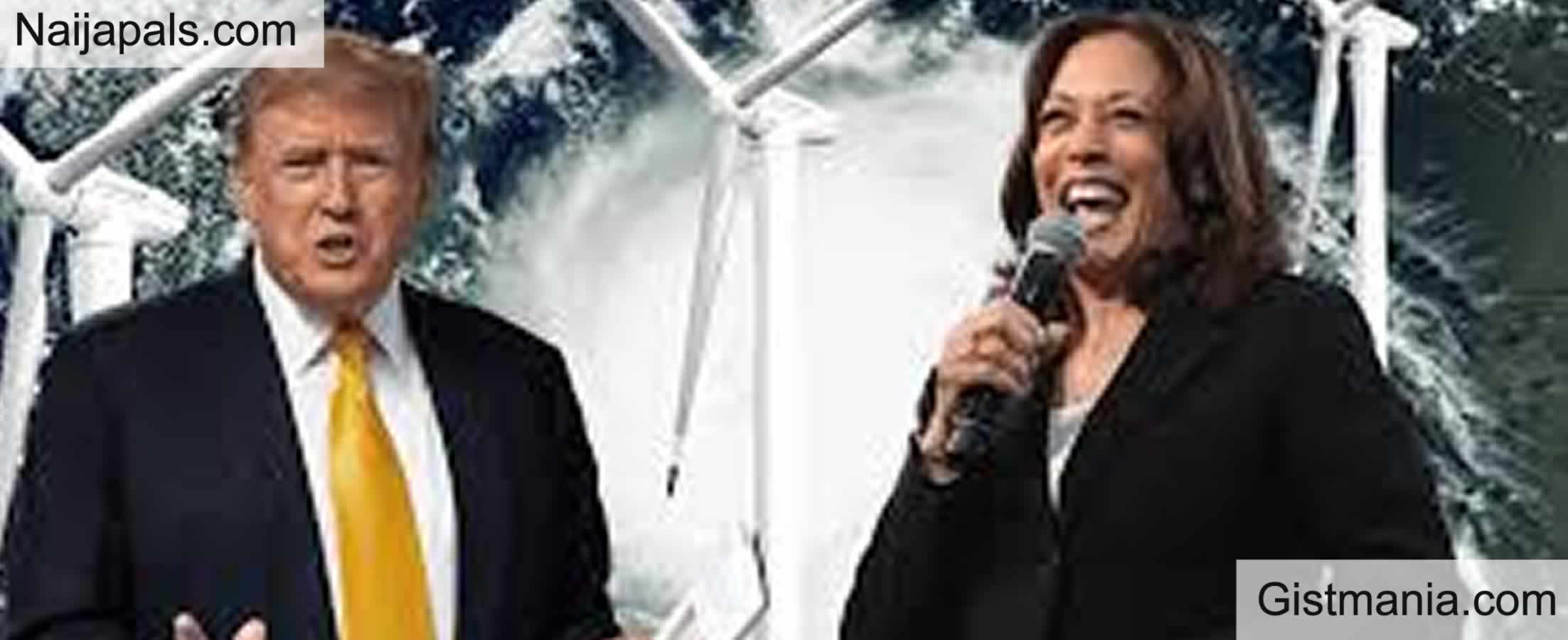
As the United States gears up for a pivotal presidential election between Donald Trump and Kamala Harris on Tuesday, November 5, the ramifications extend far beyond American shores.
Nigeria, as one of Africa's largest economies, stands to feel the impact of the election in several critical ways. From trade relations to foreign investment dynamics, the outcome of this election could significantly reshape Nigeria's economic landscape.
Recent events underscore the intricate ties between U.S. policies and Nigeria’s economic prospects, making it essential to examine how this electoral battle will play out for the West African nation.
Given that the U.S. economy comprises nearly a quarter of the global economy, decisions made by the incoming administration will undoubtedly ripple through economies worldwide, particularly in emerging markets like Nigeria.
Economic Impacts
1. Trade Policies and Tariffs: The election outcome could significantly alter U.S. trade policies, especially if Trump returns to power. His proposed "America First" trade agenda may entail steep tariffs on imports, including those from Nigeria.
According to The London Financial, this could jeopardise the ongoing trade relations Nigeria has cultivated, especially in sectors like oil and agriculture.
On the other hand, a Harris presidency may maintain a more stable trade environment, promoting continued exports of Nigerian goods to the U.S. market.
2. Foreign Direct Investment (FDI): The stability of the U.S. political environment is crucial in attracting foreign investments to Nigeria.
Uncertainty surrounding the election could lead to a cautious approach from investors, potentially stalling critical FDI projects in Nigeria.
Recent data suggests that global investors are already on edge, with a significant percentage citing "election year volatility" as a primary concern.
READ ALSO: Trump, Harris make their final campaign rounds, millions vote early
A favourable election outcome for Harris could boost investor confidence, promoting increased funding for Nigerian startups and infrastructure projects.
3. Oil Market Dynamics: Nigeria is heavily reliant on oil exports, so U.S. energy policies will significantly affect its economy.
If Trump wins, his administration may favour fossil fuels, possibly leading to shifts in global oil prices.
According to Euro Monitor, Harris might focus on renewable energy policies, which could potentially destabilise oil markets and impact Nigeria's revenue.
In either scenario, Nigeria must prepare for fluctuations in oil prices that directly influence its economic stability.
4. Remittances from Nigerians Abroad: The election outcome may also affect the flow of remittances from Nigerians living in the U.S. Economic policies that support immigrant communities, particularly under a Harris administration, could enhance remittance flows back to Nigeria.
This financial support is vital for many households and plays a significant role in the Nigerian economy.
In contrast, a Trump presidency may lead to tighter immigration controls and restrictions, potentially diminishing this crucial income source.
5. Geopolitical Alliances and Support: Lastly, U.S. foreign policy under either candidate could impact Nigeria's geopolitical alliances. A Harris administration may strengthen diplomatic ties and support Nigeria's fight against terrorism and economic development.
Conversely, Trump's approach may focus more on transactional relationships, potentially sidelining Nigeria in broader strategic discussions.
| Posted: at | |




 TRENDING GISTS
TRENDING GISTS  I'm Building PDP, Not Tearing it Apart - Wike Addresses The Press (Video)
I'm Building PDP, Not Tearing it Apart - Wike Addresses The Press (Video) VIDEO: Man Caught While Waiting For a Minor he Had Solicited S£x From Online
VIDEO: Man Caught While Waiting For a Minor he Had Solicited S£x From Online Emotional Moment Femi Adebayo Presented His 2025 AMVCA Trophies to His Dad, Adebayo Salami
Emotional Moment Femi Adebayo Presented His 2025 AMVCA Trophies to His Dad, Adebayo Salami Rapper, Phyno Unveils His Daughter, Shares Adorable Video to Mark Her Second Birthday
Rapper, Phyno Unveils His Daughter, Shares Adorable Video to Mark Her Second Birthday Ex Madrid Player, Xabi Alonso Seals Managerial Move To Real Madrid As Ancelotti Bows Out
Ex Madrid Player, Xabi Alonso Seals Managerial Move To Real Madrid As Ancelotti Bows Out